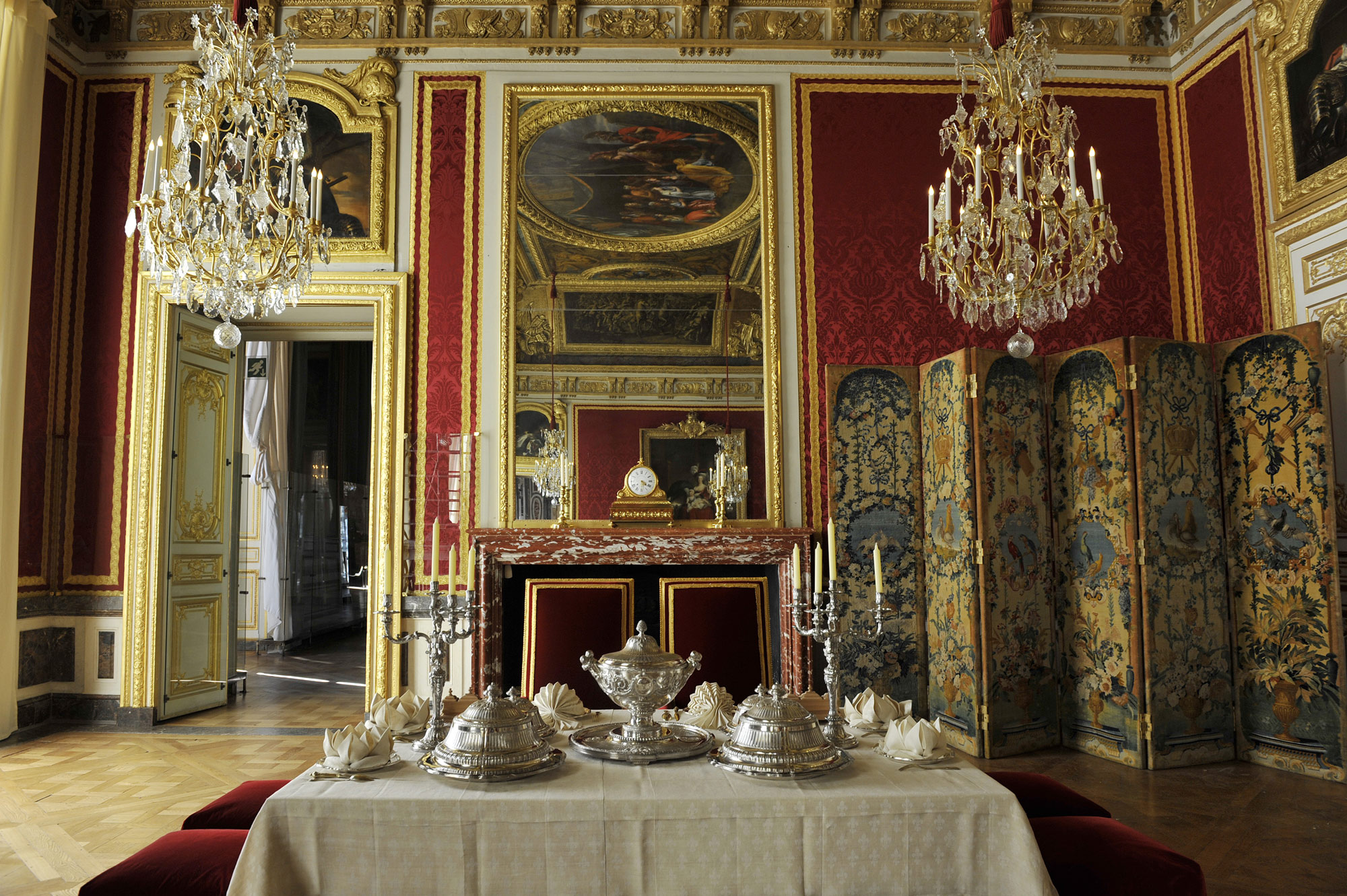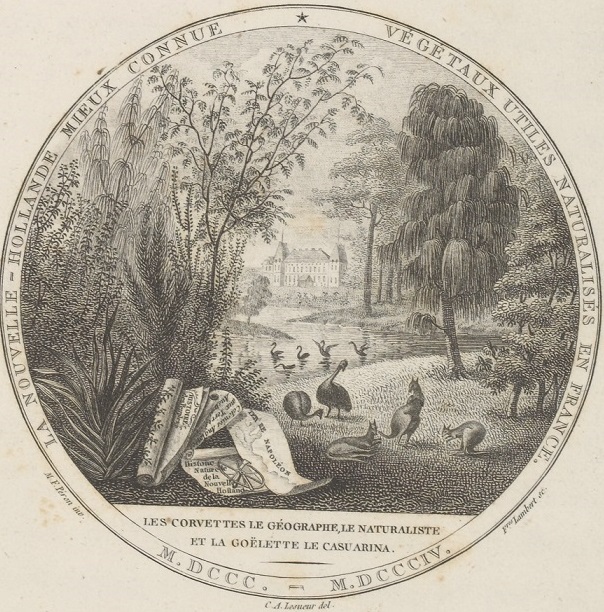Surprising Stories: Dining at Versailles: What happened to the Leftovers?

Antichambre du Grand Couvert de la Reine ©Chateau de Versailles
Louis XIV was the most conspicuous diner at Versailles. His meals represented the bounty of France, and his appetite was considered a sign of his good health and the well-being of the nation. Dining was a ceremonial occasion and was regulated according to a strict etiquette established during King Louis XIV’s reign. In the latest of our Surprising Stories series, we join the Sun King at his extravagant evening meal and then see what happened to the leftovers of his copious feasts.

